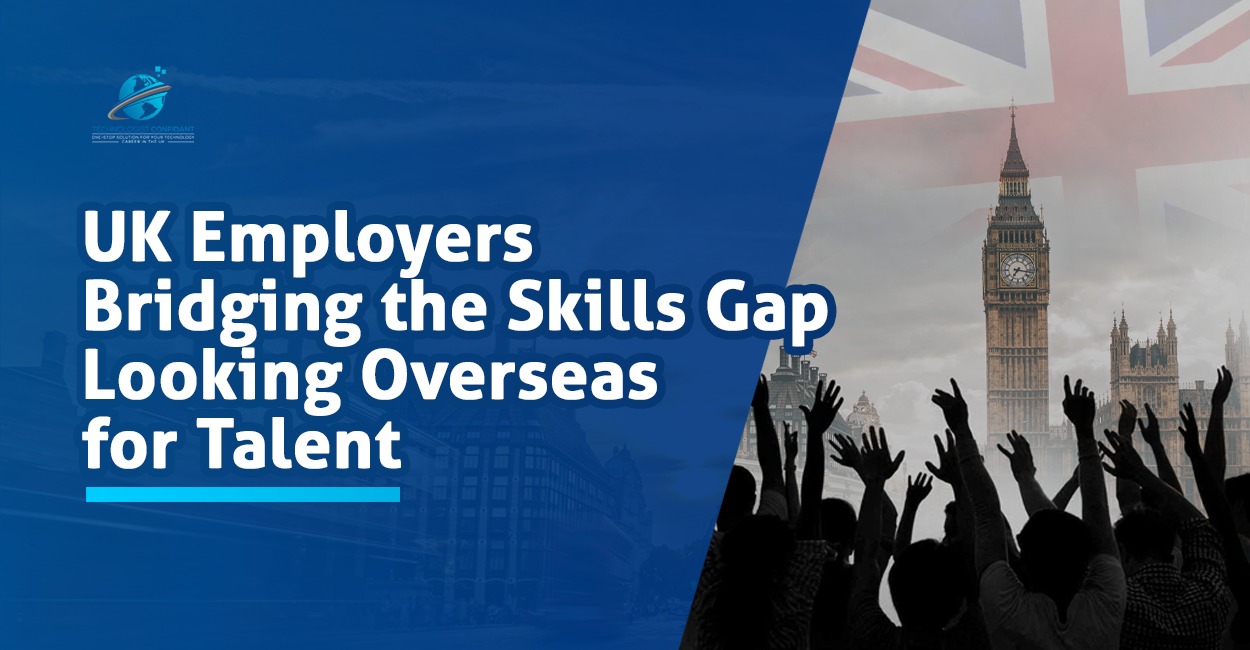Popular Interview Questions At UK Workplaces
- In Employment
- 27 Jul 2022, 02:48 AM

You never know what an interviewer will ask you, but that doesn't mean you can't prepare your responses ahead of time, so you're ready for whatever they throw at you. A well-informed response to a typical interview question can make all the difference in getting you through to the next round. Employers want to know why you want the job, why you're the finest candidate for the job, and how well your personality integrates with the company. Their selection will be based on how you respond to interview questions.
The most essential thing is, of course, what you say, but how you also respond matters. It's crucial to have self-confidence and enthusiasm. Preparing ahead of time for some of the questions you'll face will help you perform at your best on the big day. We analysed tens of thousands of interview evaluations to discover the most popular interview questions, and we'll show you not only the top interview questions but also some convenient and simple ways to respond to them.
Could you please tell me something about yourself?
Why are you interested in working here?
What factors do you consider while setting priorities for your work?
What changes would you make to our product or service to make it better?
What do you consider to be your best accomplishment?
What are your objectives?
What are Your salary expectations?
This question, which is frequently asked first, is at the top of the list of traditional interview questions. It's crucial since you have the opportunity to make a fantastic first impression on the interviewer. While preparation is crucial, your response should not sound scripted. Concentrate on your abilities, attributes, and accomplishments and how these contribute to you being a strong candidate for the job. In general, start with a summary of your top qualifications and accomplishments, then go on to your work experience and instances of the competencies you've gained. If you have a limited work history, concentrate on the academic areas in which you excelled and how this pertains to the position.
Illustrate that you've done your homework by talking about the abilities and interests that prompted you to apply. Use examples from your academic, professional, or extracurricular life to demonstrate that you're incredibly motivated and can relate well to the organisation. Discuss the components of the job advertisement that piqued your interest.
The employer wants to know if you're well-organised, can stick to deadlines, and manage many projects at once. The best way to respond to this question is to give examples of times when you've juggled multiple projects while still completing them to a high standard and on schedule. These examples could be drawn from former jobs, academic studies, or extracurricular activities. Give specific examples of how you keep track of your development and productivity.
Your knowledge and understanding of the company's operations will be extremely beneficial. Don't be too critical of the service or product - after all, you want to work there - but don't pretend you wouldn't change anything either. The interviewer is looking for some suggestions. Make a list of one or two items that you believe may be improved. The most important thing is to explain how and why you'd make these modifications. Make sure you concentrate on important areas for which you would be responsible if you were hired.
Your response should ideally demonstrate job-relevant qualities such as teamwork, creativity, communication, perseverance, and organisation. Consider a time when you received an award, organised an event, learnt something new, or overcame a major fear for motivation. Always have multiple samples on hand. Avoid mentioning your university graduation because it won't set you apart unless you've had to cope with substantial challenges such as illness or personal issues.
This is your moment to demonstrate to the recruiter that you're driven and ambitious in your career. Discuss your achievable short and long-term goals with zeal, base your responses on the employer, sector, and your abilities and expertise. Summarise the stages of your ideal job, but solely in terms of the position you're applying for and the company's professional development opportunities. It's critical that you describe how your objectives contribute to the organisation's success. You may say that you're familiar with relevant professional organisations and qualifications, or that you've looked into previous graduates' career prospects.
This can be a difficult question to answer because you don't want to undervalue yourself or give a figure that puts you out of the running for the position. If you choose to propose a range, don't make it too broad or you'll appear to be evading the topic. Instead, limit it down and say you're willing to negotiate and be flexible. To get ready, look for a salary or a wage range in the job description and use that as a starting point. Then look into similar jobs to determine what the typical wage is in the industry or sector you're interested in.
Fortunately, there are certain things you can do to ensure that you're ready for a job interview. While you can't predict which interview questions will be asked, you can be fairly assured of a handful, even if they come in a variety of formats. Prepare your responses in advance — and have a few questions ready – and you'll have your ovation in no time.





